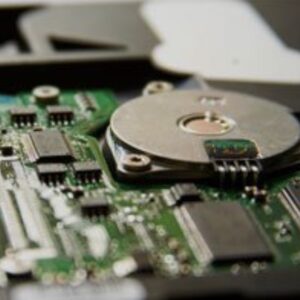California’s Responsible Battery Recycling Act of 2022 (AB 2440) is headed to Governor Newsom’s desk for signature. The bill was championed by the California Product Stewardship Council and Californians Against Waste and includes primary and rechargeable batteries, strong collection convenience standards and performance goals, comprehensive education and outreach requirements, and aspects that seek to advance equity in battery stewardship. AB 2440’s companion bill, SB 1215, has since had EPR elements removed and now amends California’s existing electronics recycling law (which is not EPR) to include batteries “embedded” in products and not designed to be easily removed; this bill is also headed to the Governor’s desk.
Over a decade ago, PSI began hosting meetings with state and local governments and other key stakeholders from across the United States to develop an evolved model for EPR batteries legislation based on global best practices. These ongoing discussions and the updated model helped shape legislation introduced in multiple states, which led to Vermont’s first-in-the-country single-use battery EPR law (2014) and the District of Columbia’s first-in-the-nation single-use and rechargeable battery law (2021). Our legislation incorporates best practices for EPR for batteries from well-established laws in Canada and the European Union and we applaud the forward momentum of effective battery EPR legislation in California.
Electronics EPR Continues to Evolve
 Today, there are 26 electronics EPR laws in 25 states and the District of Columbia but many are out of date. The recent introduction of a new bill in Pennsylvania that would revamp the state’s electronics EPR program follows a nationwide trend: This year, Michigan introduced a bill to update that state’s program and South Carolina enacted an EPR law that makes it the second state — after Illinois — to eliminate weight targets and increase access to collection, which are provisions of both new bills.
Today, there are 26 electronics EPR laws in 25 states and the District of Columbia but many are out of date. The recent introduction of a new bill in Pennsylvania that would revamp the state’s electronics EPR program follows a nationwide trend: This year, Michigan introduced a bill to update that state’s program and South Carolina enacted an EPR law that makes it the second state — after Illinois — to eliminate weight targets and increase access to collection, which are provisions of both new bills.
PSI is working with stakeholders in Alaska to adjust our model electronics EPR legislation and address that state’s unique transportation challenges and lack of existing infrastructure. We have also begun to collaborate with Oregon state and local governments and other stakeholders to update one of the earliest electronics EPR programs in the United States. Our goal is to ensure that both existing and emerging programs provide convenient collection services and ensure that program costs continue to be internalized by manufacturers.
